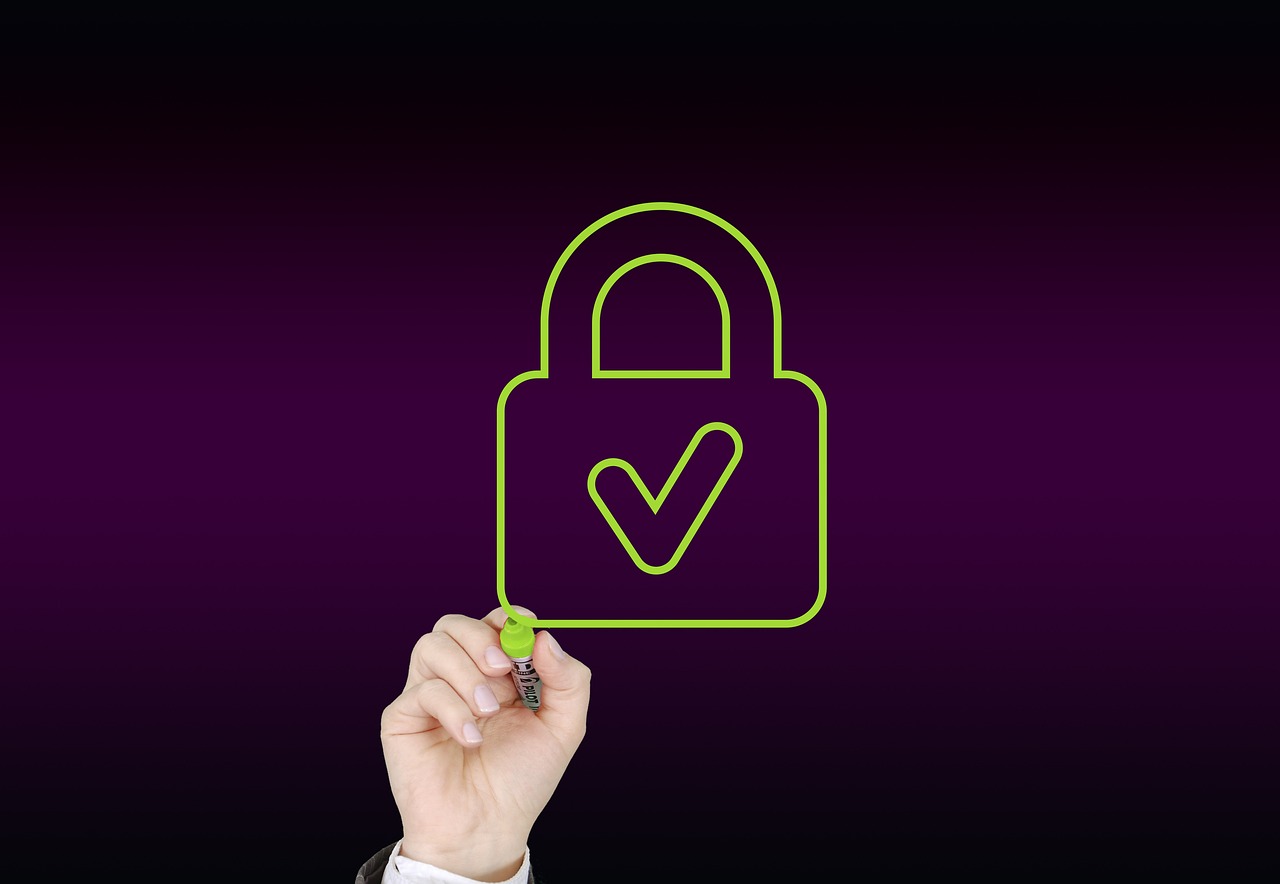
Recommended Programming Courses
The Ultimate Guide to Password Security: Best Practices and Tips
In today's digital age, having strong password security is more crucial than ever. With cyber threats evolving constantly, your password often serves as the first line of defense against unauthorized access. This comprehensive guide will walk you through essential password security practices and real-world examples of what happens when these practices are ignored.
Understanding Password Vulnerability
Before diving into best practices, it's important to understand how passwords get compromised:
- Brute force attacks - Automated programs trying every possible combination
- Dictionary attacks - Using common words and variations
- Social engineering - Manipulating users into revealing passwords
- Data breaches - Stealing password databases from companies
- Keylogging - Recording keystrokes as users type passwords
Essential Password Best Practices
A breakdown of password security best practices is given below FYI.
1. Length and Complexity
Benefits of Long, Strong, Complex Passwords:
- Longer passwords are exponentially harder to crack
- Mix of uppercase, lowercase, numbers, and symbols increases complexity
- Passwords over 12 characters provide better security
- Passphrases are easier to remember and typically more secure
Drawbacks of Long, Strong, Complex Passwords:
- Complex passwords can be harder to remember
- Users often reuse complex passwords across multiple sites
- Overly complex requirements may lead to users writing passwords down
2. Password Managers
Password Manager software jave become very lopular lately. A password manager software saves you from having to remember your passwords. It also helps you to generate strong passwords. Password auto-filling is also a great feature of modern password managers.
Advantages of Password Managers:
- Generate and store unique, complex passwords
- Automatic form filling capability
- Cross-device synchronization
- Secure password sharing features
- Built-in security analysis tools
Disadvantages:
- Single point of failure if master password is compromised
- May require subscription for premium features
- Learning curve for non-technical users
3. Multi-Factor Authentication (MFA)
Multifactor authentication bolsters your password security by addi g something you got to the mix. It can be done via a secondary email, SMS, authenticator apps, and many other means.
The Colonial Pipeline attack in 2021 might have been prevented with MFA. The attackers accessed a VPN account with a single compromised password, leading to a ransomware attack that disrupted fuel supply across the Eastern United States.
Benefits of implementing MFA:
- Adds an additional layer of security beyond passwords
- Significantly reduces the risk of unauthorized access
- Provides alerts about unauthorized login attempts
- Often required for compliance in business settings
Common Password Mistakes to Avoid
| Mistake | Risk Level | Potential Impact |
|---|---|---|
| Password reuse | High | One breach compromises multiple accounts |
| Using personal info | High | Easy to guess through social engineering |
| Sharing passwords | Critical | Loss of control over access |
| Writing passwords down | Medium | Physical security risk |
| Never changing passwords | Medium | Extended exposure if compromised |
Real-World Security Implications of Password Security Failures
- LinkedIn Breach (2012/2016): 165 million passwords exposed due to weak hashing
- Adobe Breach (2013): 153 million user records exposed, showing patterns of weak password choices
- RockYou Breach (2009): 32 million plaintext passwords revealed common password patterns still used today
Implementation Strategy
Heres a high kevel password security implementation strategy.
Immediate Actions:
- Audit your current passwords
- Enable MFA wherever available
- Install a reputable password manager
Within One Week:
- Change passwords for critical accounts
- Generate unique passwords for each service
- Set up emergency access procedures
Ongoing Maintenance:
- Regular password audits
- Update when security incidents occur
- Stay informed about new security practices
Advanced Security Considerations
Hardware Security Keys
Consider using hardware security keys for:
- Critical business applications
- Financial accounts
- Administrative access
- Source code repositories
Biometric Authentication
While convenient, understand the limitations:
- Can't be changed if compromised
- May have accuracy issues
- Usually serves as a secondary factor
- Not suitable for all scenarios
Conclusion
Password security is not just about creating complex passwords – it's about implementing a comprehensive security strategy. By following these best practices and staying informed about security threats, you can significantly reduce your risk of becoming a cyber attack victim.
Remember: Your security is only as strong as your weakest password. Take action today to protect your digital identity.
TCP/IP Socket Programming in C#